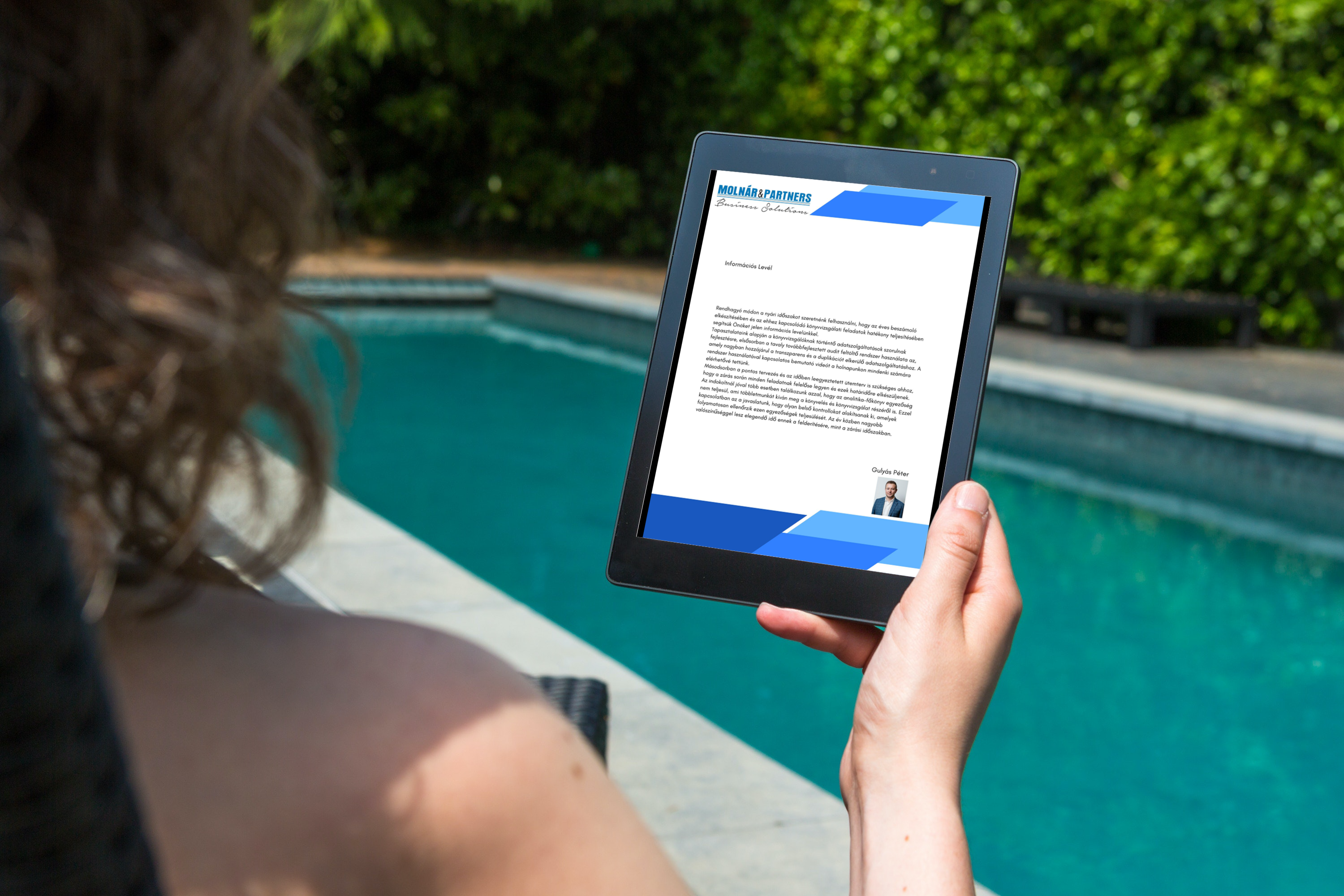information letter
Based on our experience, the reporting to auditors needs improvement, in particular the use of the audit uploading system, which was improved last year, and which contributes greatly to transparent data reporting and avoiding duplication. A video demonstration on the use of this system will be made available to all on our tomorrow.
Secondly, precise planning and a timely agreed schedule are also necessary to ensure that all tasks are completed on time and under responsibility during the closure process.
There are many more cases than justified where the analytics to general ledger reconciliation is not met, which requires extra work from accounting and auditing. In this respect, we suggest that internal controls be put in place to monitor compliance with these reconciliations on an ongoing basis. There is more likely to be sufficient time to detect this during the year than during the closing period.
A typical shortcoming of invoice testing closely related to auditing is that only part of the documentation is provided - e.g. missing proof of completion, CMR, delivery note, EKÁER documentation - which makes it necessary to return to each test several times.
A risk-based audit approach requires a business understanding company-wide, so it is not only accounting that needs to be involved, but also the partner departments, so teamwork is of paramount importance in both accounting and the partner departments.
To repeat what we have written before, we note again that the majority of our management letters were about inventories (system setup issues: valuation principles and cost of goods sold), accounting estimates (useful life determination, inventory impairment testing, trade receivables recoverability, provision justification), missing transfer pricing documentation and business processes (not properly and operationally designed).

It is important to note that, in accordance with professional standards, we can only accept third-party evidence from clients, suppliers and banks if we receive it directly from them, either electronically or by post.
Our audit reports issued after 15 December 2021 will be electronically signed and after 15 December 2022 we will issue only electronically signed reports.